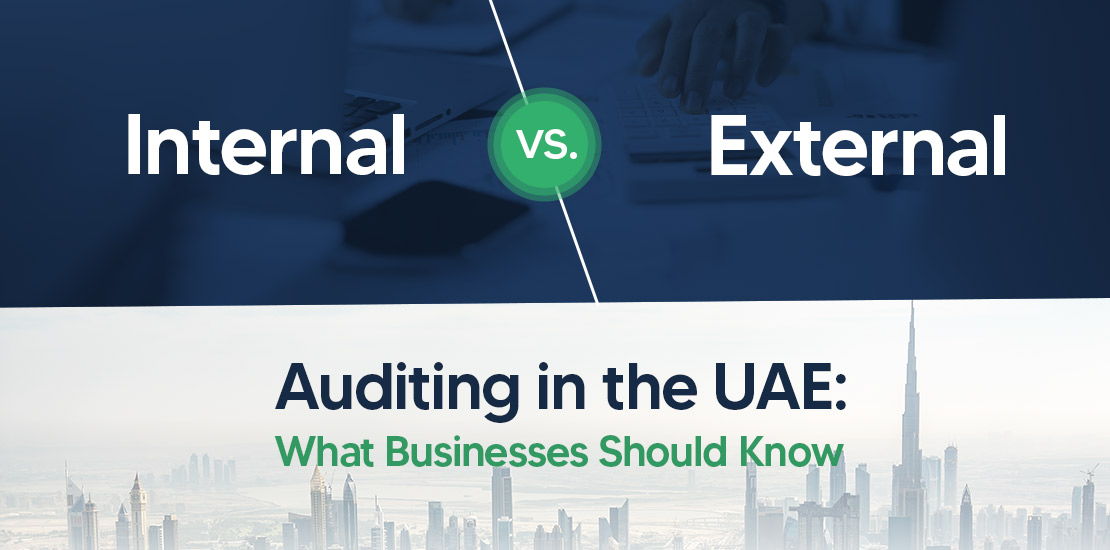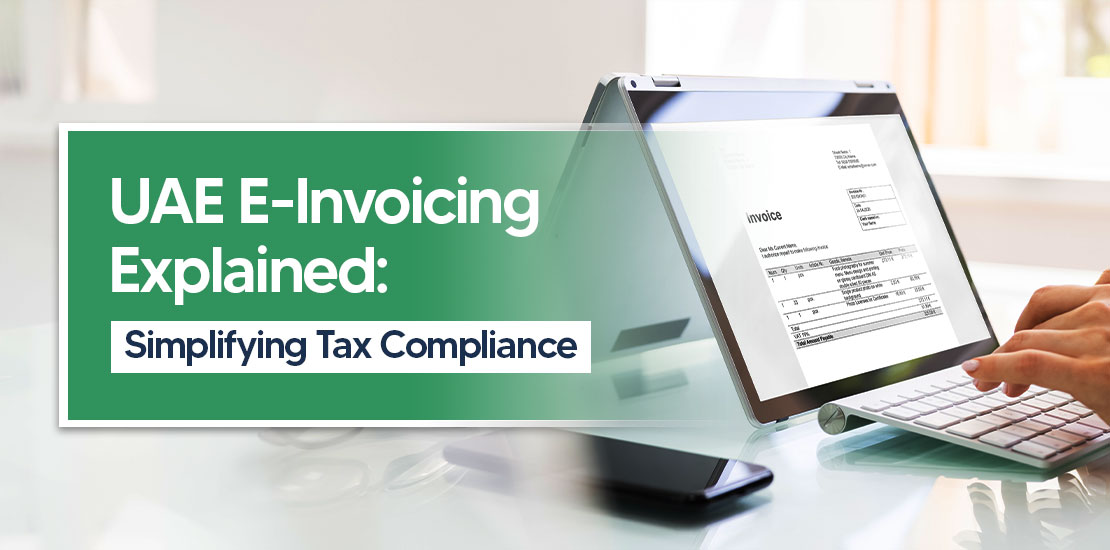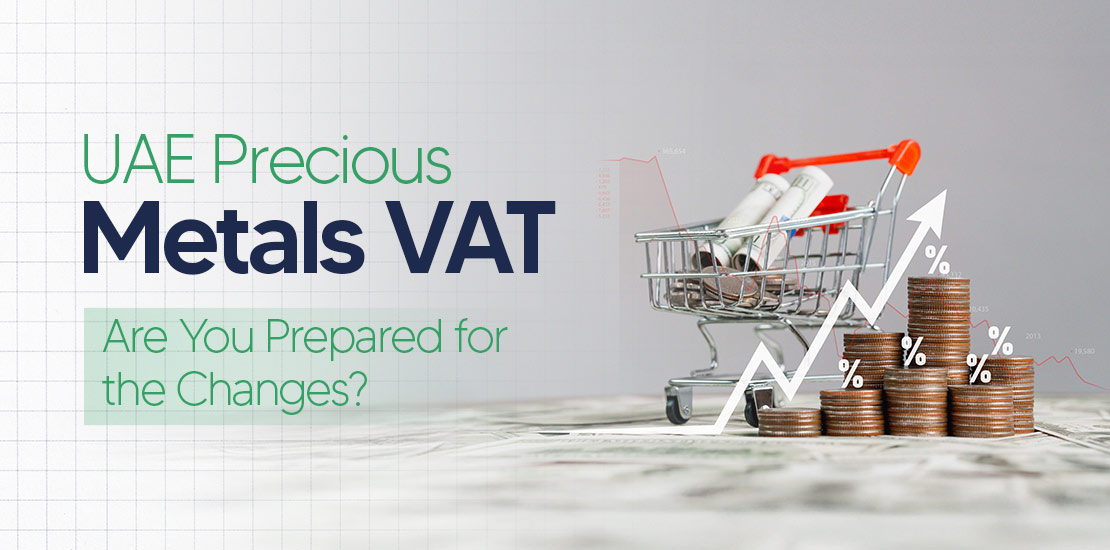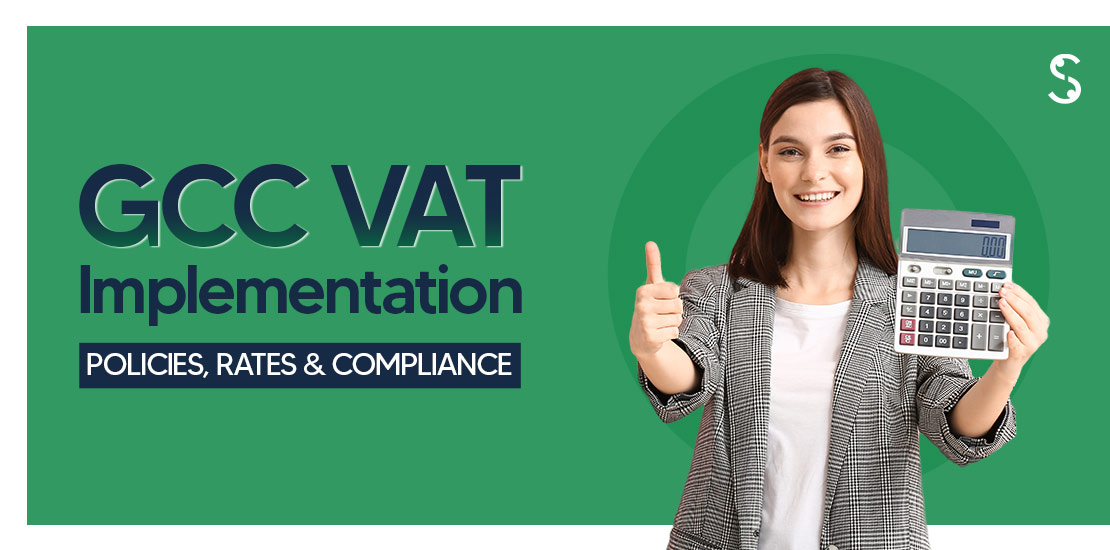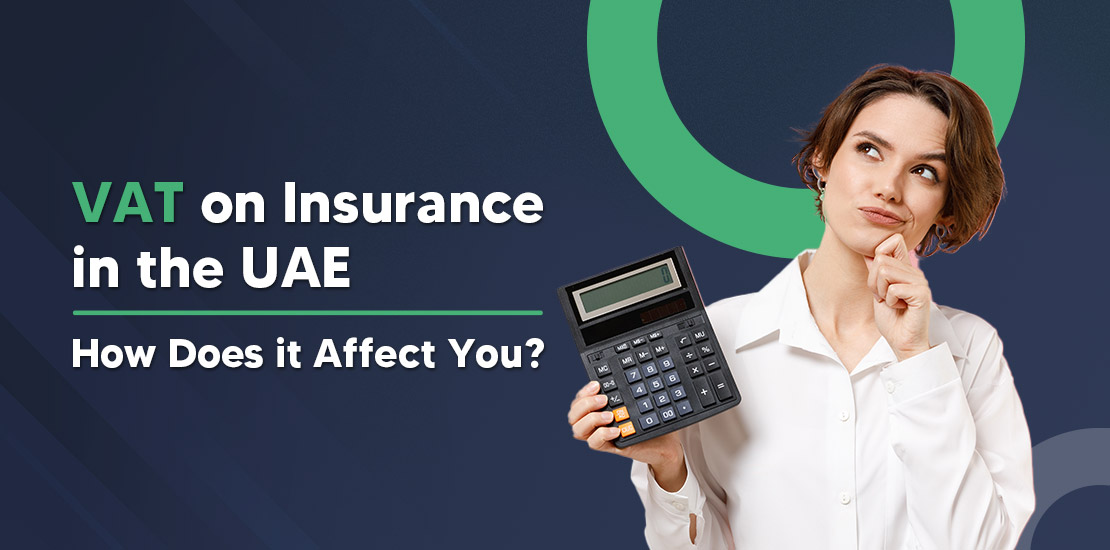The Federal Tax Authority (FTA) in the UAE is the government body responsible for managing and collecting taxes in the country. Established in 2017, the FTA oversees the implementation of value-added tax (VAT) and excise tax. It ensures businesses and individuals adhere to tax laws. The main goals of the FTA are to improve the UAE’s financial stability and support its economic growth.
By creating a fair and transparent tax system, the FTA helps to build a strong foundation for a sustainable and diversified economy. The FTA also provides guidance and support to taxpayers. It helps them understand their obligations and makes it easier to comply with tax regulations. Through its efforts, the FTA plays an important role in the development and prosperity of the UAE. In this blog, Shuraa Tax will help you to know more about the Federal Tax Authority UAE.
What is the Federal Tax Authority UAE?
The Federal Tax Authority UAE (FTA) is the government entity responsible for managing, collecting, and enforcing federal taxes and related fines. It also handles the distribution of tax-generated revenues and oversees the application of tax-related procedures nationwide. The FTA was established under Federal Law by Decree No. 13 of 2016.
How the Taxation System Works in Dubai?
Dubai, as part of the United Arab Emirates (UAE), follows the federal taxation system established by the Federal Tax Authority (FTA). The main types of taxes implemented are Value-Added Tax (VAT) and Excise Tax. Here’s a brief overview of how the system works:
Value-Added Tax (VAT)
- The VAT in the UAE was introduced on 1 January 2018.
- The standard rate is 5%.
- VAT applies to most goods and services, with some exceptions, such as healthcare, education, and certain financial services.
- Businesses collect VAT from consumers on behalf of the government and remit it to the FTA. Businesses can also claim credits for the VAT paid on their purchases, ensuring tax is paid only on the value added at each stage of production and distribution.
Excise Tax
- The excise tax was introduced in October 2017.
- Rates vary depending on the product, typically 50% on sugary drinks and 100% on tobacco and energy drinks.
- This tax applies to products harmful to human health or the environment.
- Excise tax is levied at the point of import or production, and businesses pass this cost on to consumers.
Corporate Tax
Like the rest of the UAE, Dubai does not impose corporate tax on most businesses. However, the UAE government has announced plans to introduce a federal corporate tax starting in 2023. Companies operating in Dubai’s many free zones often benefit from tax exemptions, including those from corporate tax, customs duties, and import/export taxes.
Compliance and Filing
- Businesses with an annual turnover above a certain threshold must register for VAT and excise tax. Registered businesses must file periodic tax returns with the FTA, detailing their tax collected and paid.
Overall, Dubai’s taxation system is designed to be straightforward and business friendly. It focuses on indirect taxes like VAT and excise tax while maintaining a tax-free environment for personal income and most corporate profits.
What is VAT Return in the UAE?
At the end of each tax period, VAT-registered businesses in the UAE must submit a VAT return to the Federal Tax Authority (FTA). This VAT return summarises the total value of the supplies and purchases made during that tax period and calculates the business’s VAT liability.
The VAT liability is determined by the difference between the output tax (VAT charged on sales of goods and services) and the input tax (VAT paid on purchases) for that period. If the output tax exceeds the input tax.
The business must pay the difference to the FTA. Conversely, if the input tax exceeds the output tax, the business will have excess input tax, which can be carried forward and set off against future VAT liabilities.
How Do I Pay FTA Tax Online?
Once your business is registered with the Federal Tax Authority UAE (FTA) online portal, you can pay your due taxes using several convenient options available on the portal. To avoid penalties, ensure you pay the total amount of tax before the due date. Payment methods include:
- e-Dirham or credit card
- Local bank transfer
- International bank transfer
How Much is the VAT Rate in the UAE?
The VAT rate in the UAE is 5%, applicable to most products and services. VAT-registered businesses in the UAE charge and pay this 5% VAT. While most supplies are subject to the standard 5% rate, certain products and services and specific types of supplies may be classified as exempt or zero-rated.
How Do I Contact the FTA?
The Federal Tax Authority (FTA) encourages inquiries and requests through multiple communication channels. You can reach the FTA using any of the following methods:
- Dial 600599994 to speak with an agent to assist you with your query or request.
- Email info@tax.gov.ae and typically receive a reply within 2 business days.
- Use the contact form on the FTA portal by visiting (https://tax.gov.ae/en/contact.us.aspx) and expect a reply within 2 business days.
- Visit the FTA support centre during working days/hours at the Emirates Property Investment Company Building, P.O. Box 2440, Abu Dhabi, UAE.
How Shuraa Tax can help you with Federal Tax Authority UAE
Shuraa Tax is a leading expert in the Federal Tax Authority UAE, specialising in providing VAT refund services to businesses and business tourists across the UAE. Our team helps companies identify eligible expenses and prepares the necessary documentation for the FTA.
The tax regulations can be confusing. Contact us today at +971508912062 or info@shuraatax.com to learn more about how we can assist with your VAT refund needs.




